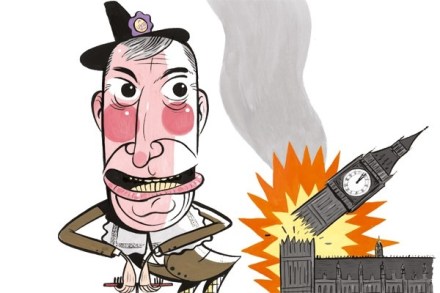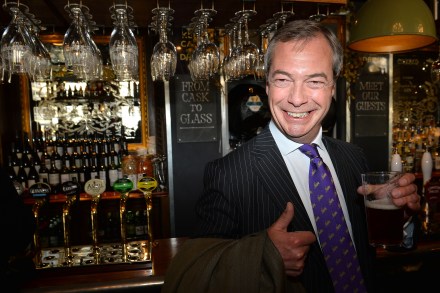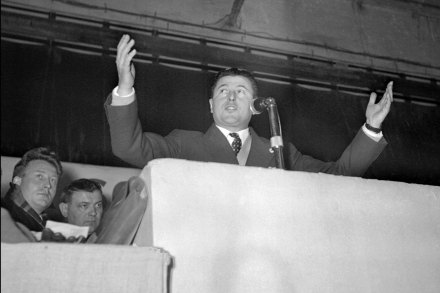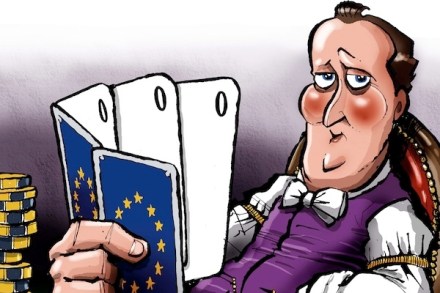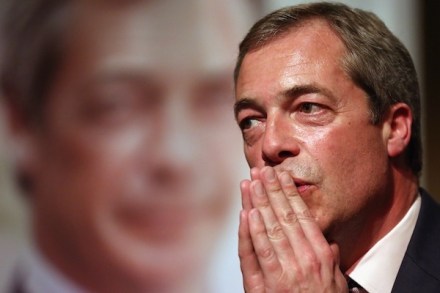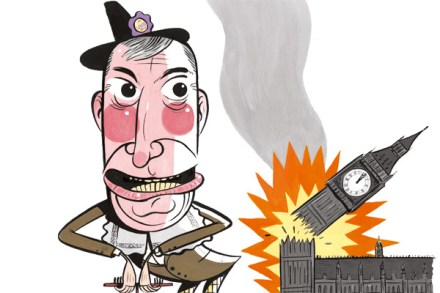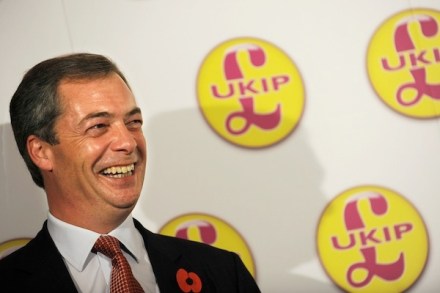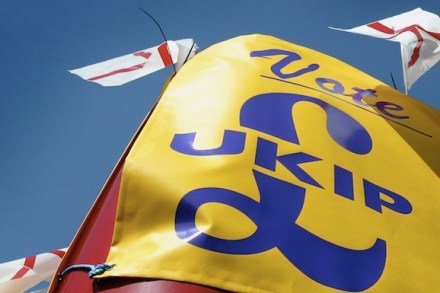Ukip is trying to become a grown-up party. Just look at Farage’s response to Woolwich
Ukip has been unusually quiet in its response to the Woolwich killing last week. The only thing we’ve heard is a tactful statement on the day from Nigel Farage, slamming the incident and calling for calm. Not a peep more, and certainly no outlandish statements about tackling the ‘cancer’ of Islam. The muted response is a clear sign Ukip is working hard at its message discipline. The party still has one significant issue to overcome — the views of some of its members. In their response to the Woolwich incident, it appears Ukip wanted to avoid a rerun of the difficult stories they encountered at the local elections. Coffee House
